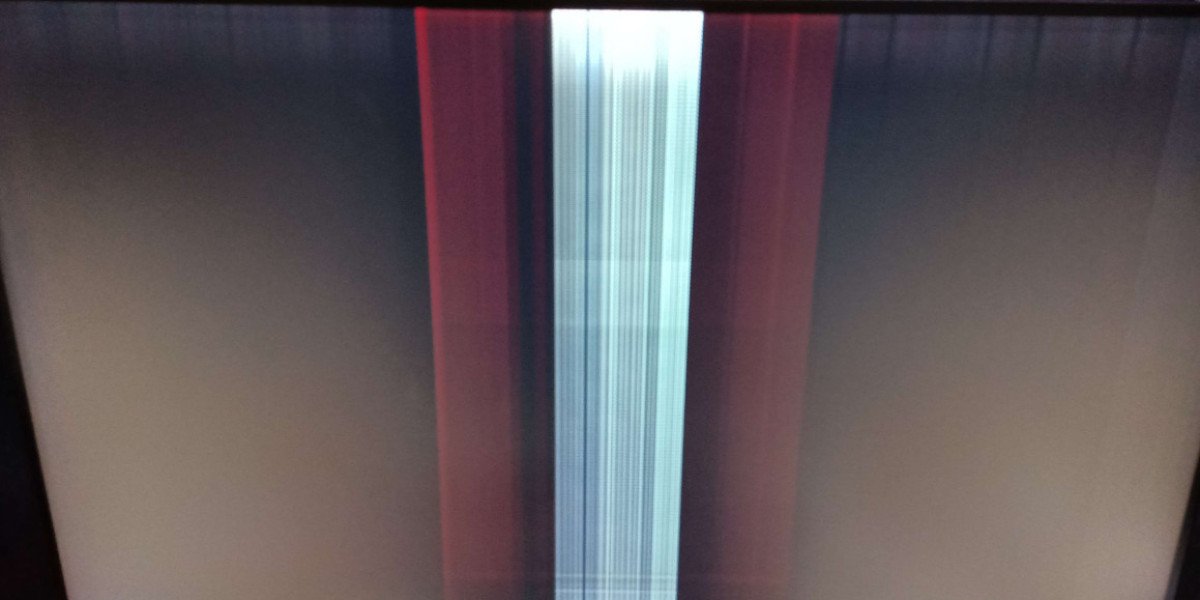A Comprehensive Guide to Buying Licenses: What You Need to Know
In today's competitive landscape, the purchase of licenses is frequently an essential aspect of running a successful business. Whether you are aiming to buy licence; visit my website, software application licenses for your business, a music license for your creative undertakings, or a business license to ensure compliance with regional laws, understanding the subtleties of license procurement is crucial. This post will dig into the kinds of licenses readily available, lay out the actions to take when purchasing a license, and address frequently asked concerns for clearness.

Understanding Different Types of Licenses
There are numerous kinds of licenses available across various industries. Below is a categorized overview of the most common licenses one may come across:

1. Software Licenses
Software application licenses grant users authorization to operate software application applications under specified terms. These can be divided into a number of categories:
- Proprietary Licenses: The user has actually limited rights and should follow the terms stated by the software maker.
- Open Source Licenses: These allow users to modify the software application's source code, adhering to copyright laws.
- Freeware Licenses: Users can use the software application for totally free, but might face constraints on redistribution and adjustment.
2. Service Licenses
Organization licenses are needed by regional, state, and federal governments to lawfully run a business. Common licenses include:
- General Business License: A standard license required to run within a city or county.
- Expert Licenses: Required for specific professions, such as health care or finance.
- Sales Tax Permit: Necessary for businesses taking part in retail sales.
3. Imaginative Licenses
For artists, musicians, and material creators, protective licenses make sure the ideal use of their work:
- Copyright Licenses: Control over how the work can be reproduced, dispersed, and displayed.
- Music Licenses: Necessary for carrying out or utilizing music in different settings, such as radio stations or public venues.
4. Intellectual Property Licenses
These are essential for safeguarding innovations and ideas:
- Patent Licenses: Allow others to produce or use an invention.
- Trademark Licenses: Permit others to use a brand name's identifiable symbols.
Steps to Buying a License
When meaning to purchase a license, it's necessary to follow a structured approach:
Step 1: Identify Your Needs
Before obtaining a license, evaluate the requirements of your market or occupation. Questions to think about consist of:
- What kind of license do you need?
- Are you certified with existing policies?
- How will the license advantage your operations?
Step 2: Research Licensing Options
Conduct comprehensive research study to identify potential suppliers or licensing authorities. Remember of their track record, pricing structures, and terms.
Consider the following throughout research study:
- Read evaluations and testimonials from other users.
- Compare rates throughout various licensing suppliers.
- Comprehend the small print in licensing agreements.
Step 3: Evaluate Legal Requirements
End up being knowledgeable about the legal aspects of the license. Regulations may differ by area, so it's recommended to consult with a legal advisor or organization expert.
Step 4: Budget for the License
Licenses can vary considerably in cost. Create a spending plan that covers not just the purchase but also any ongoing costs related to the license. Consider if there will be a need for renewal.
Step 5: Make the Purchase
As soon as you have selected the suitable license and settled the information, continue with the purchase. Keep a record of the deal, including billings and arrangements.
Step 6: Maintain Compliance
After acquiring the license, ensure you abide by its terms to prevent legal implications. Arrange pointers for renewal dates and keep your paperwork organized.
Often Asked Questions (FAQs)
1. What is the distinction between a license and a license?
A license typically grants approval to participate in particular activities, while a permit typically enables the conclusion of a particular procedure, such as building and construction or environmental compliance.
2. For how long does it take to get a license?
The timeline can differ greatly depending on the kind of license and regional guidelines. Some licenses can be obtained on the same day, while others may require weeks or months for approval.
3. Can licenses be transferred or sold?
In basic, licenses are often non-transferable, especially proprietary software licenses. Nevertheless, some states permit the transfer of company licenses under particular conditions.
4. What occurs if I don't purchase the required licenses?
Running without the necessary licenses can lead to serious penalties, consisting of fines, lawsuits, or even the closure of your service.
5. Are there any discount rates offered for bulk license purchases?
Numerous software vendors use discount rates for acquiring numerous licenses simultaneously. It's worth asking about available choices during the getting process.
Acquiring the proper licenses is vital for both people and companies in numerous industries. By comprehending the various types of licenses readily available, looking into efficiently, and following a structured getting process, one can avoid risks and make sure smooth operations. In a world where compliance is paramount, taking proactive steps to secure the required licenses is an investment in the future stability and integrity of any venture.







